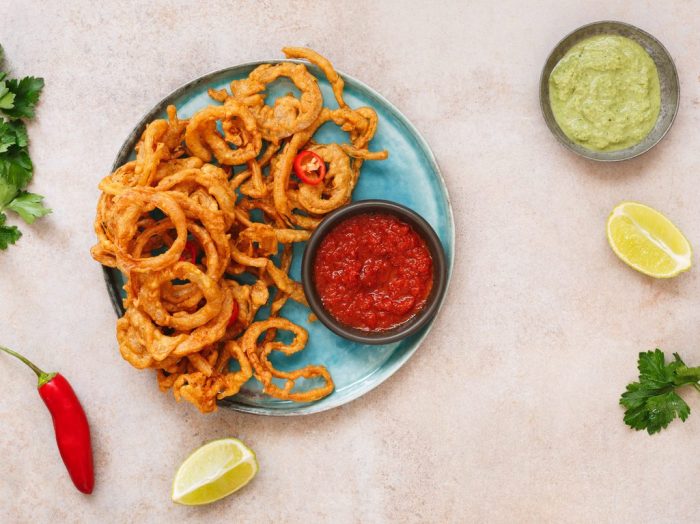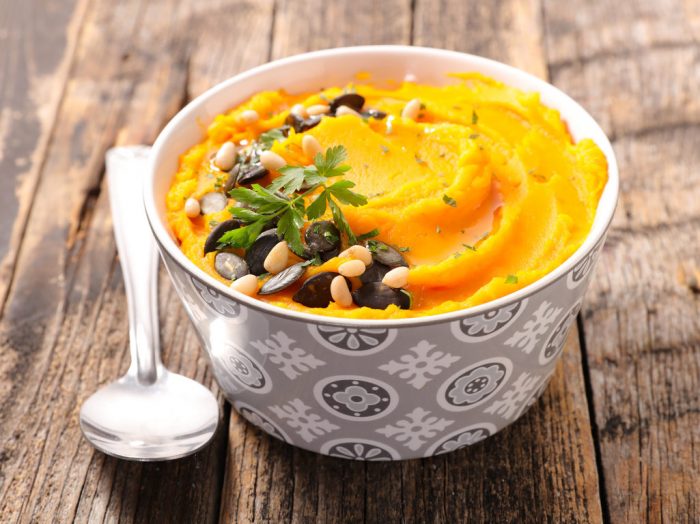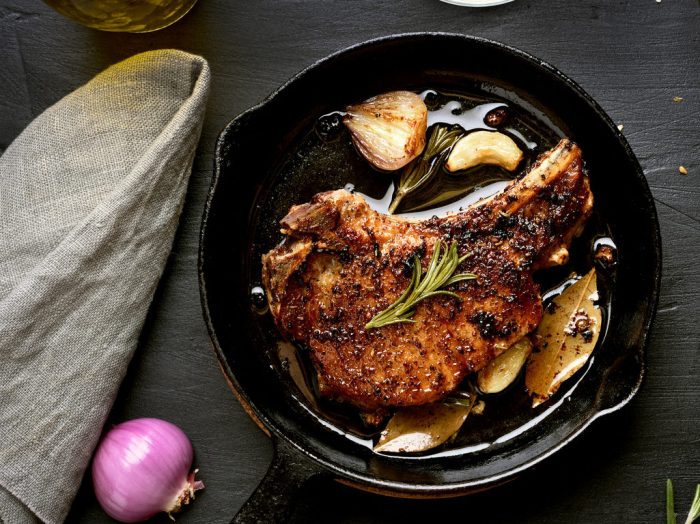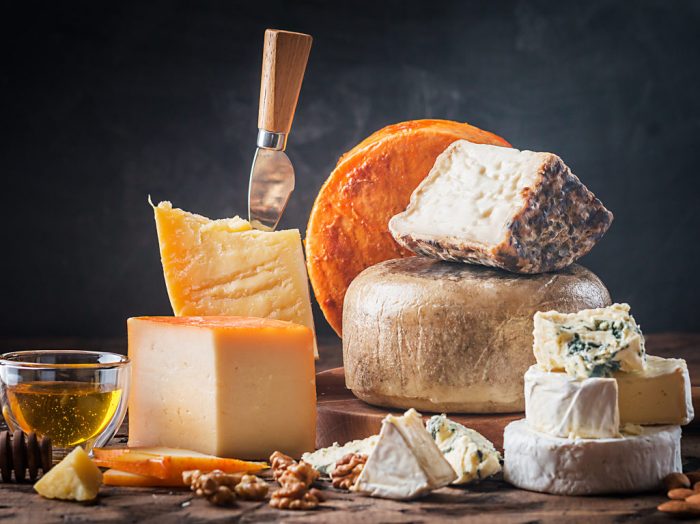There is just something about some crispy fried chicken or some wonderful fries that our bodies and especially our taste buds love. But did you ever stop to wonder why we love crispy food? Science has some interesting answers.
I’ve been known to not eat my ordered fries if they have been depleted of crisp and have become a mushy, steamed, soggy mess. I would have some crispy fried bacon any time of day, any day of the week. But until recently, I’ve never stopped to think why we love crispy food so much because it’s not just me. It’s most of the people around me. We’ve been taken crispiness for granted, as a sensory experience more than anything. We know it tastes good and it feels good when chewed. But why, though?
It’s something natural
No, you’re not special if you salivate at the thought of pork rinds. It’s not that out of the ordinary to just flip out of joy whenever you hear the snap, crackle, and pop of eating a rice crispy treat. If anything, it’s a humankind preference that goes way back in the past and it has almost everything to do without our ancestors.
John S. Allen, a research scientist at the University of Southern California, wrote a whole book on the way humans eat. It’s called “The Omnivorous Mind: Our Evolving Relationship with Food” and it was published in 2012. The very specialized website extracrispy.com spoke to him about our eating habits and why we love crispy food. It’s in our genes to relish in popcorn and potato chips.
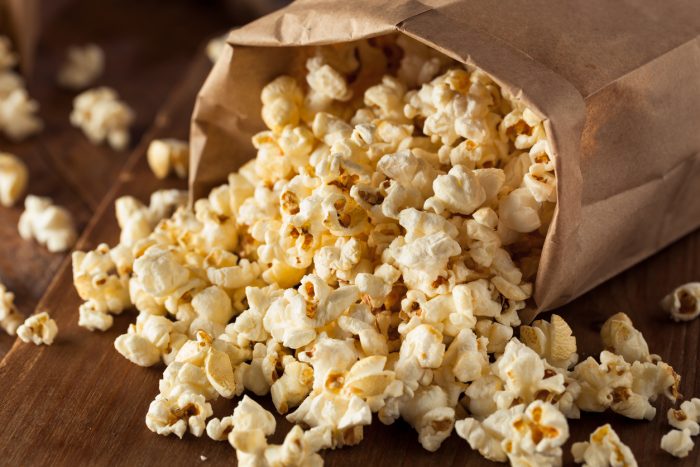
Why we love crispy food: because we were hunter-gatherers
The answer to this question lies in the days when our ancestors were hunter-gatherers. “Sometime between one or two million years ago, our ancestors started to make and use fire to cook food. This made available to them a whole new world of energy-rich foods to eat. Cooking introduced a different, ‘unnatural,’ source of crispy foods (e.g., the crust of meat) and gave the nutritional bonanza that cooking provided our ancestors, it was very useful for our ancestors to be attracted to cooked and crispy food”, Allen said.
So thanks to discovering fire, an evolutionary leap, humankind developed a taste for how food exposed to fire feels: crispy. And because our ancestors loved crispy food so much, they started trying to find other sources of crispy food. This was also the moment when their brain started to develop and evolve to what we have now as cognitive functions.
It’s all about discovering fire
Allen continues, “Looking way back in our evolutionary past, the primary crispy foods that were available to us, or our ancestral kind, were insects and parts of plants. In general, our ape-ish ancestors would have preferred fruits or a bit of chewable meat from a small animal (e.g. organs, brain) and things that were not particularly crispy. But when these kinds of foods were not readily available, they had to rely on less nutritious, less palatable ‘fallback foods,’ such as insects and the tougher parts of plants.”
This means that crispy food was sort of a culinary plan B for humans back then, which has gotten to be a veritable preferred plan A in our age. Think about that when you’re planning a meal or trying to figure out what you will snack on for movie night. But the crispy food was the only option for survival at that time.
Right now, it’s a treat. And sometimes a guilty one, because surviving is easier in the present for the lucky among us. But still, even if we’re lucky, we have other concerns: we think of our figure and how crispy food usually involves copious amounts of fat.
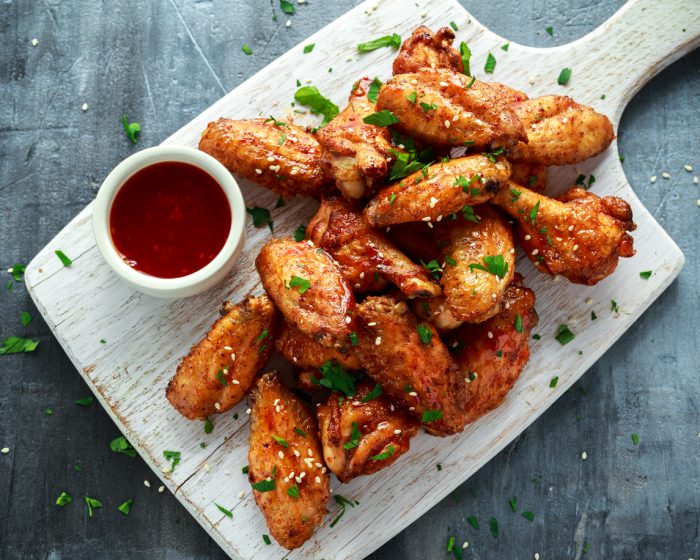
Crispy food: a sensory experience
But if food is easier to come by in this day and age, our preference for crispy food evolved. It adapted to the times. Nowadays it’s a real sensory experience. Maybe that’s why we love crispy food now.
“One reason why crispy foods might be appealing on a more personal level is that crispy/crunchy adds a whole new sensory quality to a food, beyond taste,” Allen says. “When we eat a lot of one food, there is a tendency to habituate to its flavor, making it less and less palatable as we consume it. With a crunchy food, the sensory experience encompasses sound as well as taste.”
Think of how satisfying it is to hear your teeth crushing a handful of popcorn kernels. It’s like a Billboard 100 musical hit when it comes to pleasure, isn’t it? Crispy food tends to combine sound and taste to deliver on a special experience. And it’s there, so close, whenever you pick up a bucket of chicken wings. There’s the mixed sensation of crispy outer batter and soft, moist, tender meat inside that creates a ripple of pleasure in your body.
Does it sound like a hyperbole? Allen says that “people don’t think of eating a bowl of potato chips or popcorn as being a complex sensory experience, [but] sound does play a large and satisfying role in the eating experience of these foods”, but if you start to think about it, really, mindfully, I am sure you will see his point. For me, one thing is certain: I will never take a bag of chips for granted ever again.

